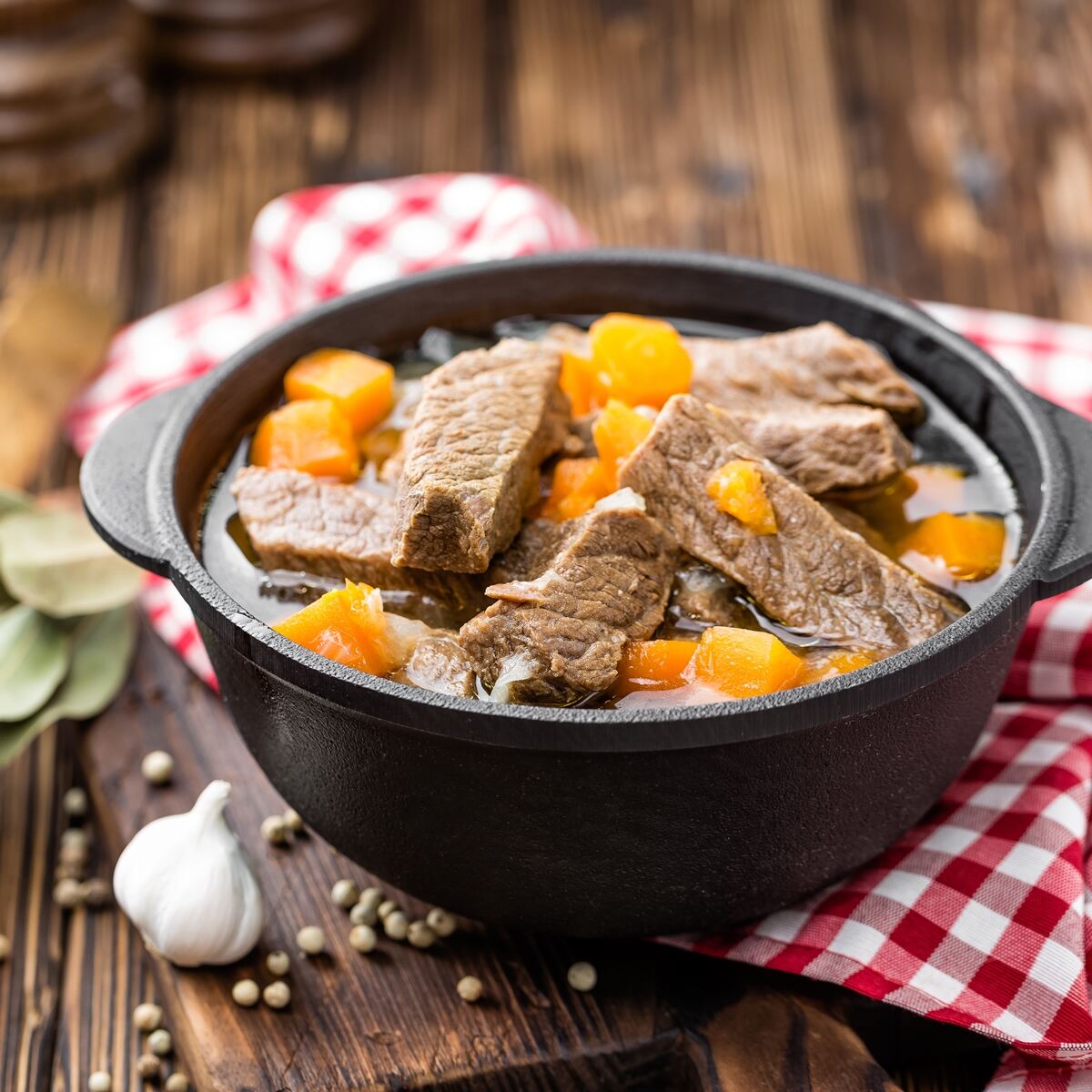
As someone who loves the convenience and speed of using my electric pressure cooker, I couldn't help but wonder if I was sacrificing the nutritional benefits of collagen in the process. Does pressure cooking destroy collagen?
I did some digging, and what I found might surprise you. Turns out, the answer isn't as straightforward as you might think.
Jump to:
What Is Collagen and Why Is It Important?
Collagen is the most abundant protein in our bodies, and it's a major building block for our skin, bones, muscles, and connective tissues.
It's like the glue that holds everything together. Think of collagen as the scaffolding that gives structure and strength to our tissues. It's made up of amino acids, which are the building blocks of protein.
According to the National Library of Medicine, collagen accounts for one-third of the total protein mass in our bodies. That's how important it is.
Benefits of Collagen for Health
Collagen isn't just about keeping our skin looking youthful and plump (although that's a nice bonus). Research shows that taking collagen supplements can improve skin elasticity, hydration, and density.
But the benefits go beyond skin deep. Collagen also plays a crucial role in joint health, gut health, and even heart health. It's like a full-body wellness superhero.
How Does Pressure Cooking Affect Collagen?
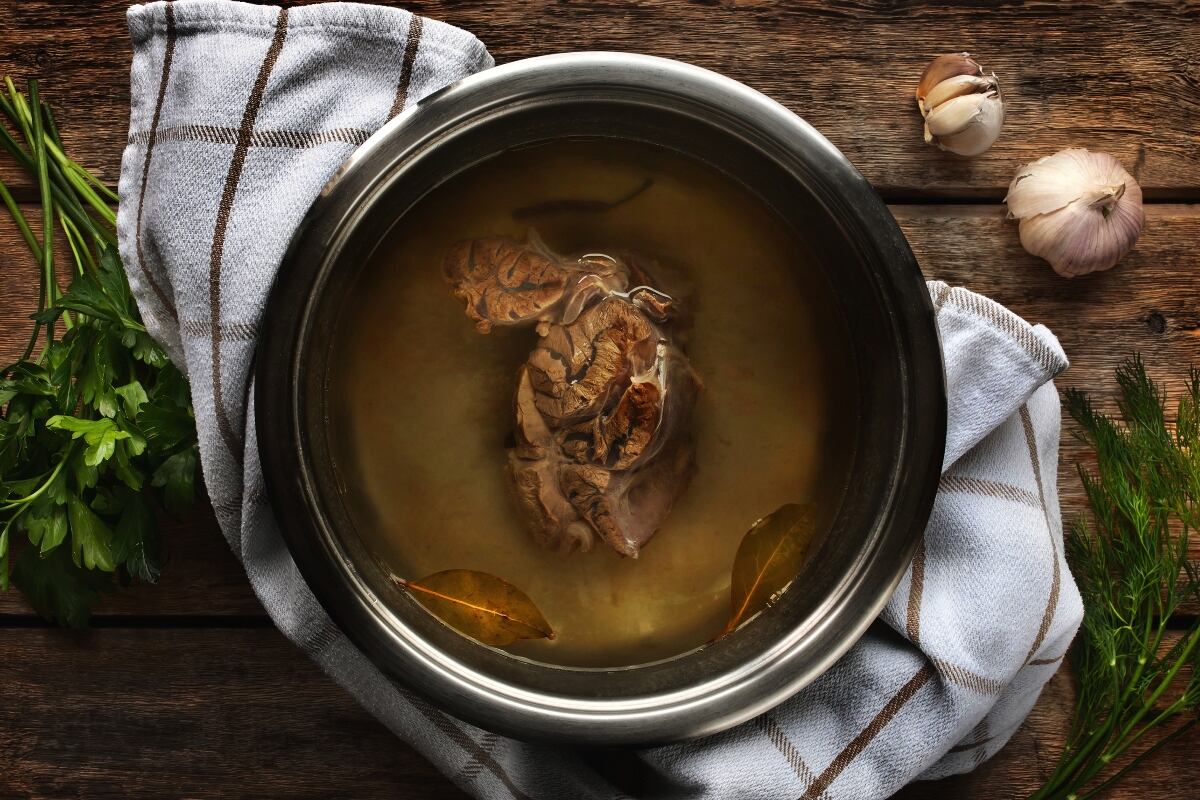
Now, let's talk about pressure cooking and how it impacts collagen. If you've ever tried making bone broth in a pressure cooker, you know it's a game-changer. But what's the science behind it?
Understanding the Pressure Cooking Process
Pressure cooking uses higher temperatures and pressure to cook food faster than conventional cooking. When you cook bones in a sealed pressure cooker, the high pressure and temperature extract the collagen and other nutrients more efficiently.
According to Serious Eats, the higher temperature in pressure cookers can convert collagen to gelatin quickly, resulting in a rich, gelatinous broth.
Effects of High Heat and Pressure on Collagen
Compared to slow cooking, the higher heat and pressure can speed up the extraction of collagen. However, as pressure builds and temperature increases, the delicate protein strands can also break down.
As explained in On Food and Cooking, collagen strands can become damaged or "cut" at high temperatures, resulting in a less gelatinous broth. It's a balancing act.
Does Pressure Cooking Destroy Collagen?
This is the million-dollar question. Does pressure cooking actually destroy the collagen we work so hard to extract? Let's dive into the factors at play.
Several factors can influence how much collagen breaks down when you pressure cook:
- Cooking time
- Pressure level
- Type and size of bones
- Acidity of the cooking liquid
Finding the sweet spot is key. Too little time, and you won't extract enough collagen. Too much time and the high temperature and pressure can damage the protein strands.
Scientific Evidence on Pressure Cooking and Collagen
So, what does the research say? A study published in the Journal of Agricultural and Food Chemistry found that pressure boiling beef bones for 2 hours yielded the highest amount of collagen extraction compared to other cooking methods.
However, cooking for longer than 2 hours led to a decrease in collagen content.
Tips for Preserving Collagen When Pressure Cooking
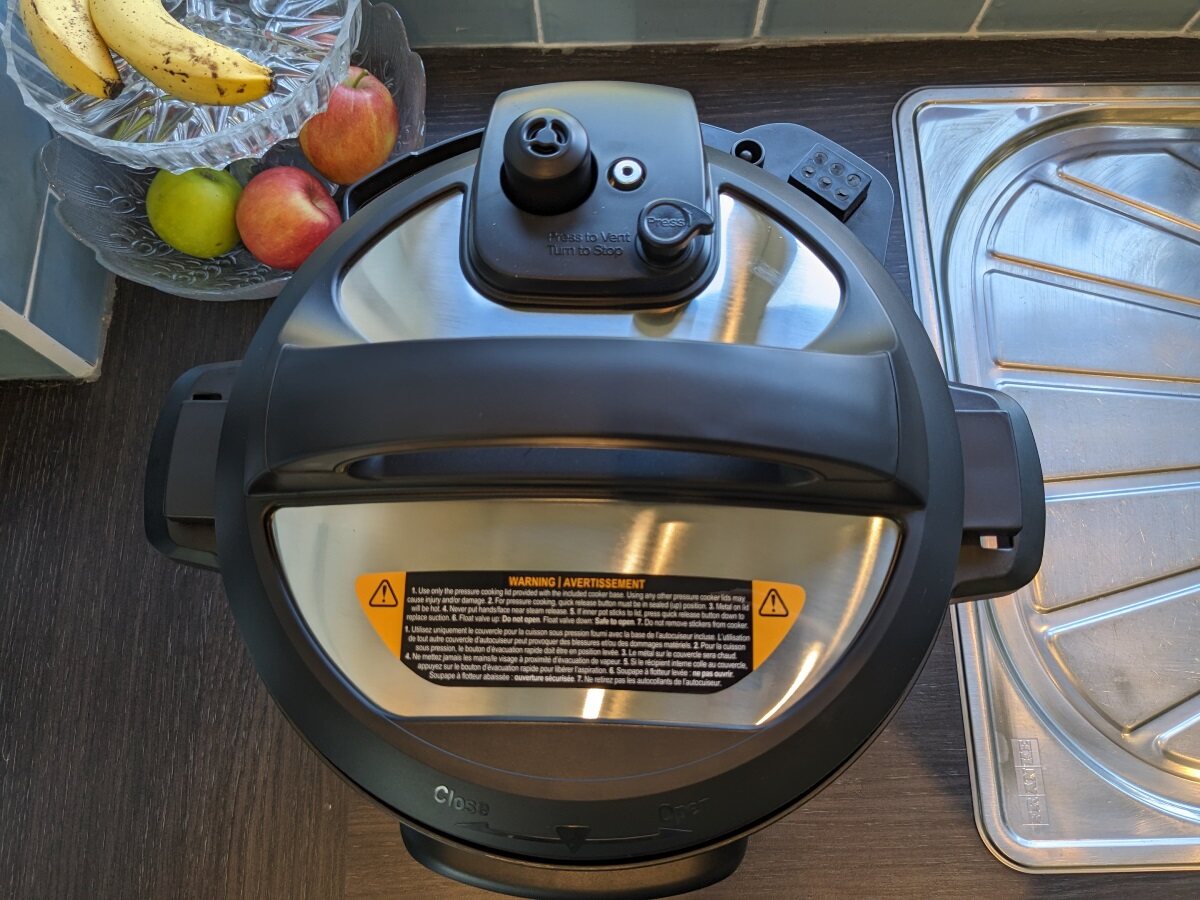
Want to make sure you're getting the most collagen bang for your buck when making broth? Here are some tips to optimize your pressure cooking game.
Not all bones are created equal when it comes to collagen content. Look for raw bones with lots of connective tissue, like knuckles, feet, and necks. These parts are rich in collagen and will give you the most gelatinous broth.
Adjusting Cooking Time and Pressure
As we've learned, cooking time and pressure are crucial factors in collagen extraction. For chicken broth, aim for 2-3 hours of cooking time. For beef broth, 3-4 hours should do the trick.
Rather than full pressure, keep it at a moderate level to avoid overcooking and damaging the collagen.
Adding Lemon Juice or Apple Cider Vinegar
Adding an acidic ingredient like apple cider vinegar or lemon juice to your homemade broth can help break down the bones and extract more collagen. The acid helps dissolve the connective tissue, making it easier for the collagen to be released into the broth.
Utilizing Natural Release
When the cooking time is up, resist the urge to do a quick release of the pressure steam. Instead, depressurize naturally to help preserve the delicate collagen strands and prevent them from being agitated and broken down.
Using a Lower Temperature Setting
When using devices like an Instant Pot or other electric pressure cookers, it makes sense to set a lower temperature than usual. This prevents too much heat from potentially damaging the collagen during the boiling process.
Opting for a Slow Cooker for Final Reduction
After pressure cooking, transferring your broth to a slow cooker to simmer on the stove top can further enhance its flavor and collagen content. This method allows you to reduce the broth at a much lower boiling point, avoiding boiling water temperatures that might break down collagen.
Beyond Bone Broth
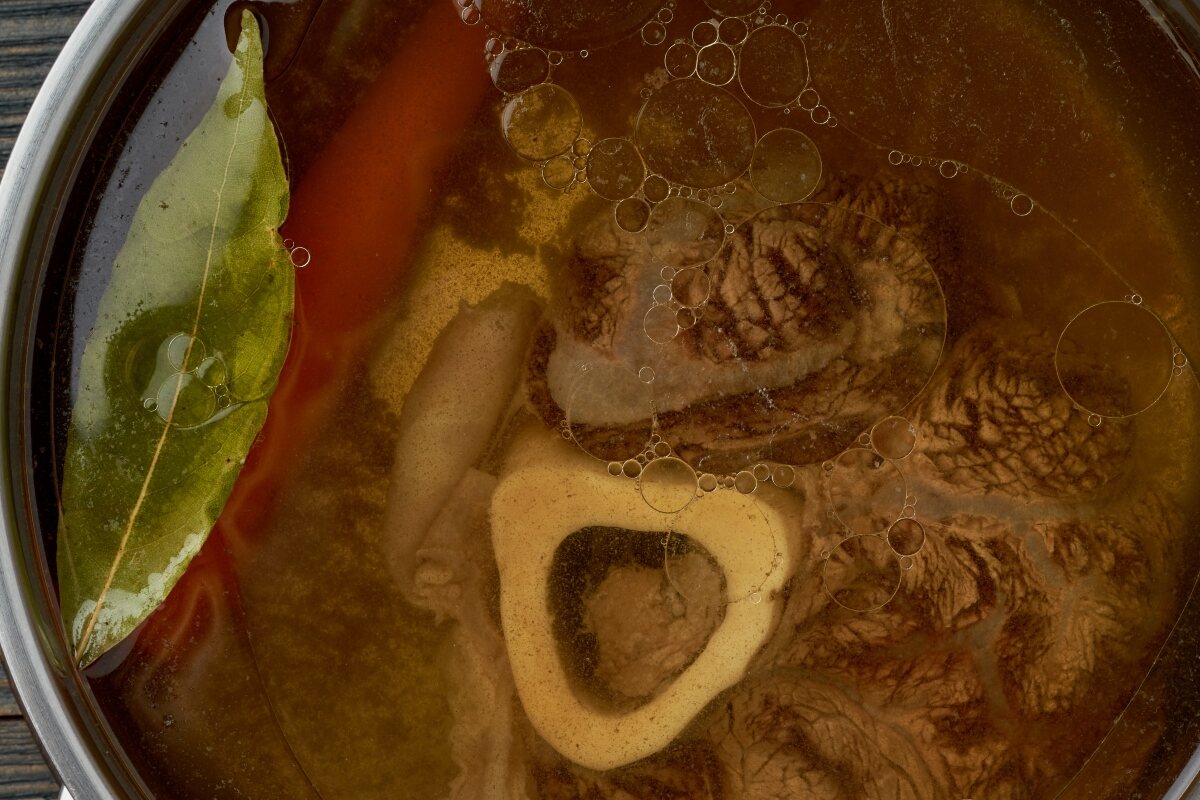
So, does pressure cooking destroy collagen? The short answer is no, but there are some factors to consider to make sure you're getting the most out of your bone broth.
Using fresh bones, adjusting cooking times and pressure, adding acidic ingredients, and utilizing natural release can all help preserve collagen when pressure cooking. It's all about finding that sweet spot where you're extracting the most flavor and nutrients without overdoing it.
At the end of the day, pressure cooking is still an incredibly convenient and efficient way to make delicious, nourishing bone broth. With a few simple tweaks, you can enjoy all the benefits of collagen without sacrificing the ease and speed of this kitchen equipment.
So go ahead, experiment with different techniques, and find what works best for you. Your taste buds (and your body) will thank you!




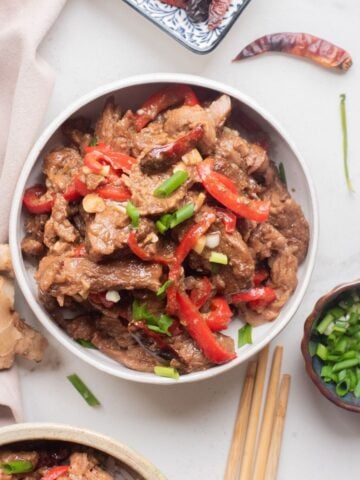


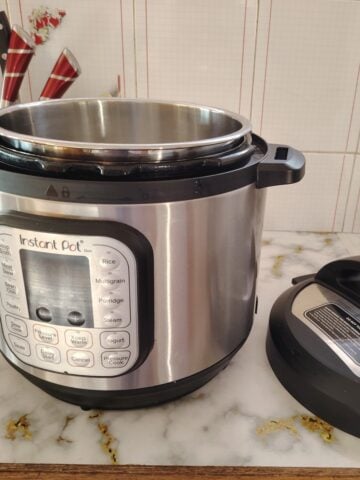


Leave a Reply